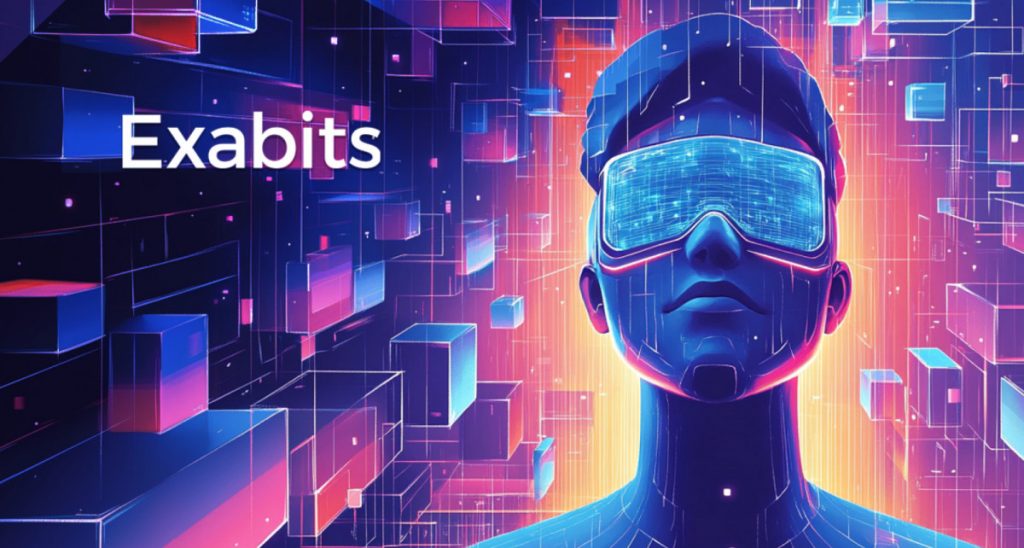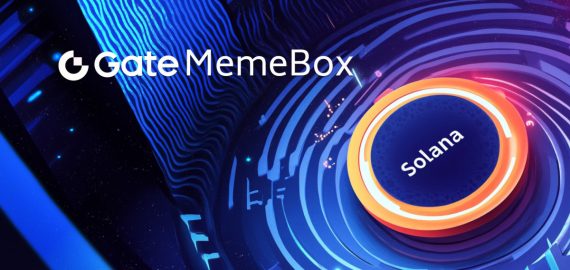The Transformation of AI: How DeepSeek Made a Lasting Impact on Computational Power
In Brief
DeepSeek’s groundbreaking $5.6 million model training has shaken the foundations of the AI market, refuting the idea that building sophisticated AI systems demands billions. This success, however, may indicate an impending spike in the need for computation resources.

The remarkable achievements of DeepSeek, a Chinese AI startup that crafted a model comparable to GPT-4 for just $5.6 million, have significantly disrupted the AI landscape. This milestone raises doubts about the conventional belief that creating powerful AI is a billion-dollar endeavor. While some interpret this as a sign that computing expenses might drop, it's likely the opposite is true. The triumph of DeepSeek points to an impending escalation in the demand for computational power, potentially shaking up the entire AI ecosystem.
Why Cheaper Computers Drive Demand?
To grasp the future of AI computing, one must consider Jevons' Paradox. This concept, introduced by economist William Jevons in the 19th century, explains how improvements in steam engine efficiency led to increased coal usage. As costs decreased, usage surged, driving up overall demand.
This principle parallels the AI sector. As it becomes more economical to train advanced models, a surge of businesses and developers will likely enter this realm:
- Startups that once found AI development financially out of reach will be inspired to pursue bold projects.
- Companies that hesitated to automate their processes may now embrace AI technologies.
- Sectors previously lacking a clear AI application will begin examining potential use cases.
As accessibility expands, a substantial increase in the demand for computational resources is expected. Insights from Morgan Stanley suggest that the need for AI computing could double every six months, indicating that by 2030, the energy needed to train an artificial general intelligence (AGI) may rival that of a small nation.
A Market Dominated by Big Tech
Presently, three major firms dominate the AI computing landscape: Amazon Web Services, Google Cloud Platform, and Microsoft Azure. While these giants provide essential infrastructure, their market control poses challenges for smaller competitors and hampers innovation.
In order to train modern AI models, high-performance GPUs, like Nvidia’s H100 and H200, are crucial. Yet, these resources are often reserved for the internal projects of Big Tech or their significant clients, leaving developers and startups facing long waiting times or outright denials for access.
When access is granted, costs can still be prohibitive. For instance, AWS charges approximately $14 per hour for an H100 GPU, while GCP costs about $6-7 per hour. Such expenses create barriers for smaller businesses and researchers, limiting their ability to compete against well-capitalized enterprises.
Launching an AI-dependent venture on the infrastructure of Big Tech involves considerable risks. Companies investing heavily in model training might deal with restrictive access or additional costs. Strong partnerships between cloud providers and elite AI developers, like the collaboration between Microsoft and OpenAI, fuel concerns regarding preferential treatment and access limitations.
The concentration of computational resources in the hands of a few corporations underscores the need for independent suppliers. Enter Exabits, emerging as a viable solution aimed at making AI infrastructure more widely accessible.
Exabits stands out by offering high-performance computing systems tailored for AI applications. Unlike several decentralized initiatives that grapple with consistency, Exabits provides reliable GPU clusters capable of handling extensive AI tasks.
Anticipating an ongoing rise in AI compute demand, Exabits is expanding its capabilities across diverse locations. This strategy ensures consistent availability, allowing companies to scale effortlessly.
The company is committed to making computational power more affordable. While exact pricing varies based on usage and region, Exabits positions itself as a budget-friendly alternative to AWS and GCP. Reduced costs may empower startups, small to medium enterprises, and researchers to delve into AI development unimpeded by financial limitations.
Access to high-end GPUs remains a top priority for Exabits. The company offers a range of hardware, including the Nvidia H100 and H200, along with other models like the 4090, A100, Ade6000, and MI50. With around 60,000 GPUs available, including 3,000 H100s and 4,000 H200s, clients are equipped with the resources necessary for training sophisticated models.
The Future of an Open AI Computing Market
As AI progresses towards AGI, computational power will be pivotal in shaping its trajectory. If Big Tech continues to wield its current influence, it could effectively restrict access to the development and deployment of AGI, raising concerns about competitiveness, innovation, and the equitable distribution of AI benefits.
Conversely, a diverse computational ecosystem could pave the way for a more open and inclusive future. Companies like Exabits are providing an alternative framework, ensuring that startups, researchers, and corporations all have fair access to the critical infrastructure required for AI innovation.
Preparing for the AI compute Surge
The triumph of DeepSeek does not indicate that AI research will become any less resource-intensive. Rather, it suggests that AI is becoming more approachable, driving an increase in demand for processing capabilities. This growth aligns with Jevons’ Paradox, which posits that efficiency gains will fuel further adoption and consumption.
The current grip of Big Tech on AI infrastructure generates significant hurdles for startups and the industry at large. Constraints in access, exorbitant costs, and potential dependencies highlight the crucial need for alternative providers. Exabits presents itself as a robust option, delivering enterprise-level performance, scalability, affordability, and access to cutting-edge GPUs. Firms like Exabits could be instrumental in shaping a future where AI development is not an exclusive domain of the privileged few but a realm accessible to innovators everywhere.
Disclaimer
In line with the Trust Project guidelines Please be aware that the information presented on this page should not be construed as legal, tax, investment, financial advice, or any other type of guidance. It's crucial to invest only what you can afford to lose and seek independent financial counsel if you have any uncertainties. For more information, we recommend visiting the terms and conditions and support sections provided by the issuer or advertiser. MetaversePost is dedicated to delivering accurate and unbiased reporting, but market conditions may change without notice.







